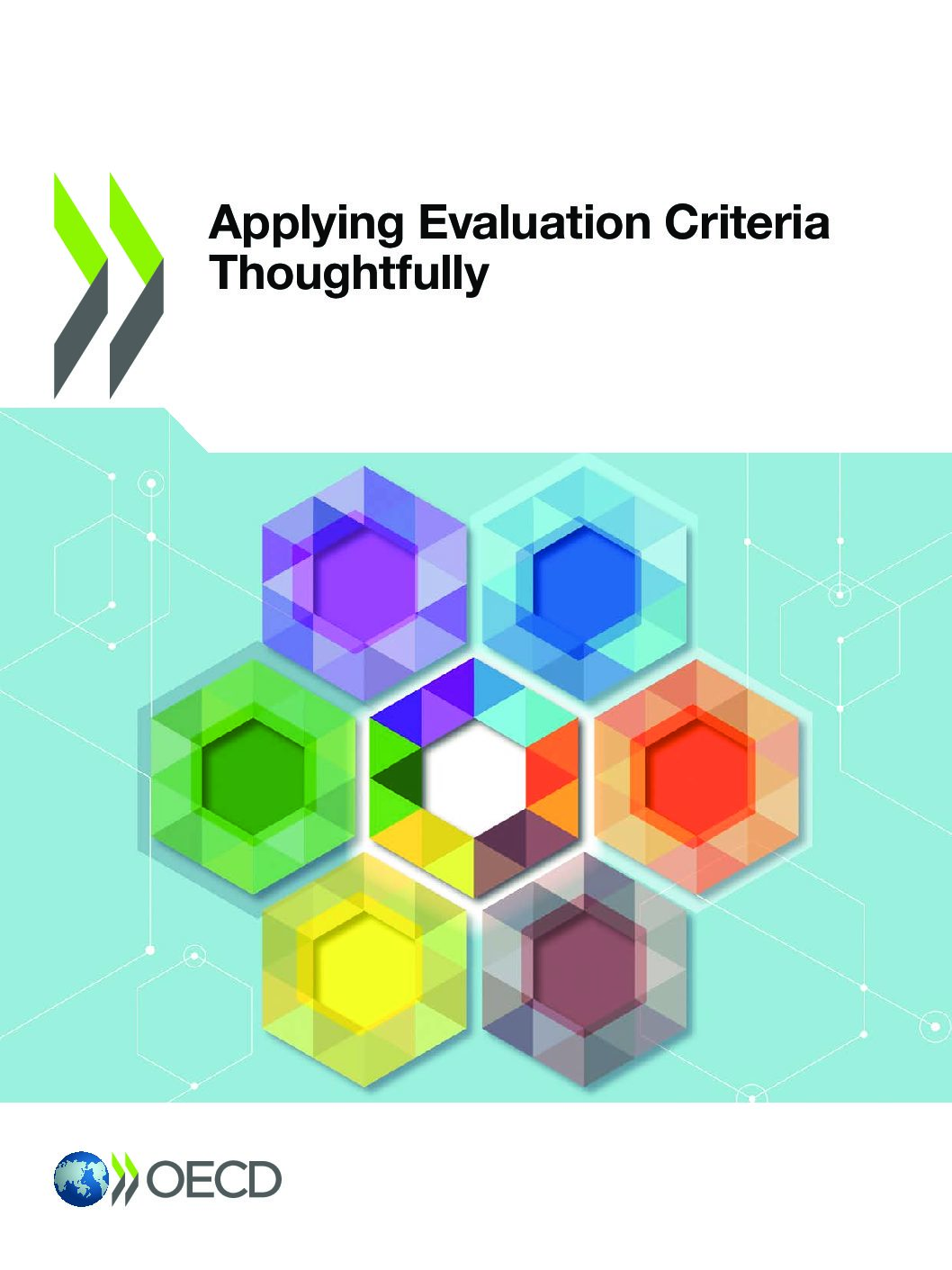Foreword
Evaluation plays a critical role in informing the design and delivery of policies and programs that lead
to better - fairer, more sustainable - development outcomes. Evidence from evaluation, and the critical
thinking evaluation can support, play a crucial role in helping decision makers and communities ensure
policies and programs deliver positive, lasting results for people and the planet.
To support evaluation practice, in 1991, the Organization for Economic Co-operation and Development
(OECD) Development Assistance Committee (DAC) published definitions of five evaluation criteria. Thesis
criteria have shaped the design and evolution of international development evaluations over the past
30 years. The criteria are widely recognized as playing a central role in improving the quality of global
evaluation practice and supporting collaboration. They have enabled organizations to design and deliver
evaluations that are relevant to the needs of decision makers and capture a wide range of intended and
unintended results, producing valuable evidence and insights.
These five criteria were further adapted in 2018-19. The revision process drew on nearly three decades of
learning by members of the DAC Network on Development Evaluation (EvalNet) along with the wider global
evaluation community. It was informed by the 2030 Agenda for Sustainable Development, including the
Sustainable Development Goals (SDGs), and the Paris Agreement within the United Nations Framework
Convention on Climate Change (UNFCCC). A new set of definitions, including two principles guiding their
use, was published in December 2019.
This guidance complements the criteria definitions and their principles for use. It aims to support thoughtful
and contextualized application of the criteria. Through the inclusion of questions and examples the
guidance encourages critical reflection and nuanced analysis. The guidance will assist readers as they
consider how to interpret and apply the criteria to improve the quality of their evaluations and better support
learning and accountability.
Learning about how best to use these adapted criteria - in international development co-operation and
beyond - has only just begun. The intention is to continue to gather lessons and insights from their use
and to revisit this guidance based on the collective experience and feedback from the global evaluation
community. Particularly valuable will be lessons coming from new ways to use the criteria that better reflect
the principles of the 2030 Agenda, such as evaluations that are participatory or apply a human rights based
approach, evaluations of complex change processes, and evaluations that capture synergies and tradeoffs in holistic ways.

